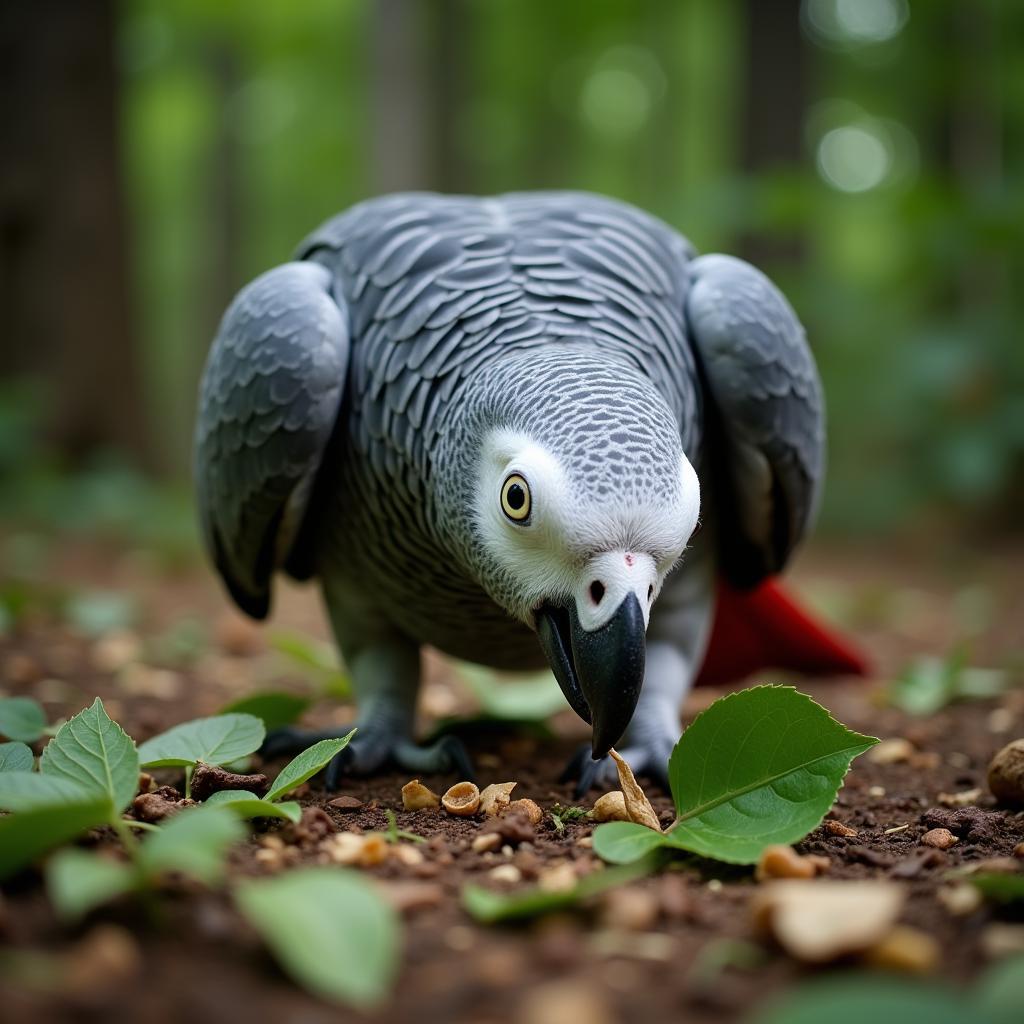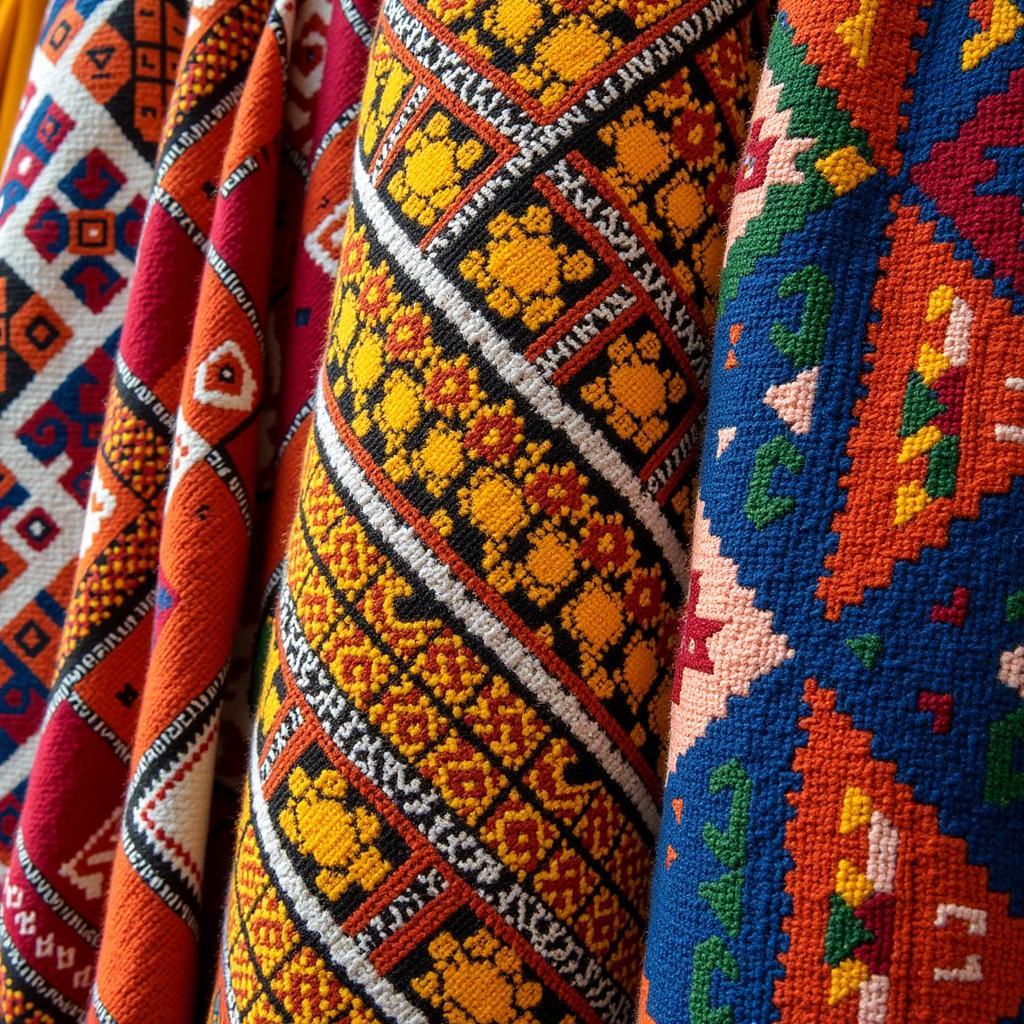The Majestic African Mastiff: A Comprehensive Guide
The African Mastiff, also known as the Boerboel, is a large, powerful dog breed originating from South Africa. Bred for guarding and protection, these imposing dogs possess a unique blend of strength, loyalty, and intelligence, making them both formidable guardians and devoted companions. Let’s delve into the world of this fascinating breed, exploring their history, temperament, care requirements, and more.
A History Forged in Africa: Origins of the African Mastiff
The Boerboel’s history is intertwined with the history of South Africa itself. These dogs descend from various European breeds brought to the Cape Colony by settlers in the 17th century, including bulldogs, mastiffs, and Great Danes. The harsh African environment and the need for a robust guard dog shaped the Boerboel’s development, resulting in a breed capable of withstanding challenging conditions and protecting families and livestock from predators and intruders. The name “Boerboel” itself translates to “farmer’s dog” in Afrikaans, reflecting their historical role as working dogs on farms.
You might be interested in learning more about the South African mastiff.
Temperament and Personality: Understanding the African Mastiff
African Mastiffs are known for their confident and dominant nature. They are fiercely loyal to their families and form strong bonds with their owners. While generally calm and composed, they can be protective when they perceive a threat. Early socialization and consistent training are crucial for ensuring they develop into well-adjusted and obedient companions. Their intelligence and eagerness to please make them receptive to training, but their independent streak requires a firm and experienced handler.
Caring for an African Mastiff: Meeting Their Needs
Owning an African Mastiff is a significant responsibility, and potential owners should be prepared to meet their specific needs. These include:
- Exercise: Despite their size, they require regular exercise to stay healthy and happy. Daily walks and playtime are essential.
- Diet: A high-quality, balanced diet is crucial for supporting their muscular build and overall health.
- Grooming: Their short coat is relatively low-maintenance, requiring occasional brushing.
- Health: Like all breeds, they are prone to certain health issues, such as hip and elbow dysplasia. Regular veterinary checkups are important.
Are you curious about the African bullmastiff? Learn more on our website.
Training and Socialization: Shaping a Well-Behaved Companion
Training an African bullmastiff dog requires patience, consistency, and a firm but positive approach. Early socialization is vital to ensure they develop into well-rounded dogs comfortable around people, other animals, and various environments. Obedience training should begin early in puppyhood and continue throughout their lives.
“Early socialization is key to developing a well-adjusted African Mastiff,” advises Dr. Sarah Jones, a renowned veterinary behaviorist. “Exposing them to different sights, sounds, and experiences from a young age helps them become confident and adaptable adults.”
Is an African Mastiff Right for You?
African Mastiffs can make wonderful companions for the right owners. They are loyal, protective, and intelligent, offering unwavering devotion to their families. However, their size, strength, and protective instincts require responsible ownership, including commitment to training, socialization, and providing a safe and secure environment.
Thinking about adding a furry friend to your family? Perhaps an African bullmastiff for sale could be the perfect fit. Explore our other articles on African animal activities early years for more insights.
Conclusion: Embracing the Majesty of the African Mastiff
The African mastiff is a truly remarkable breed, possessing a rich history and a captivating blend of strength and loyalty. With proper care, training, and socialization, these majestic dogs can thrive as devoted companions and formidable protectors. If you are prepared to meet their specific needs and embrace their unique qualities, the African mastiff may be the perfect addition to your family.
FAQ
-
Are African Mastiffs good with children?
With proper socialization, they can be good with children within their own family. -
How much exercise does an African Mastiff need?
They require moderate daily exercise, including walks and playtime. -
What is the lifespan of an African Mastiff?
Their average lifespan is around 10-12 years. -
Are African Mastiffs easy to train?
They are intelligent but can be independent, requiring a firm and consistent trainer. -
What are the common health concerns for African Mastiffs?
Common health concerns include hip and elbow dysplasia and bloat. -
Are African Mastiffs good guard dogs?
Yes, they are naturally protective and make excellent guard dogs. -
What is the best diet for an African Mastiff?
A high-quality, balanced diet formulated for large breeds is recommended.
Common Scenarios & Questions
Scenario: You’re considering an African Mastiff but live in an apartment. Question: Is this a suitable environment for them?
Scenario: Your African Mastiff is showing signs of aggression. Question: What steps should you take?
Scenario: You want to introduce your African Mastiff to a new pet. Question: How can you do this safely and effectively?
Further Exploration
Explore our website for more information on various dog breeds, training tips, and responsible pet ownership. You might find articles on similar breeds or topics related to canine health and behavior helpful.
Contact Us
For any assistance, please contact us: Phone: +255768904061, Email: kaka.mag@gmail.com Or visit us at: Mbarali DC Mawindi, Kangaga, Tanzania. We have a 24/7 customer support team.



